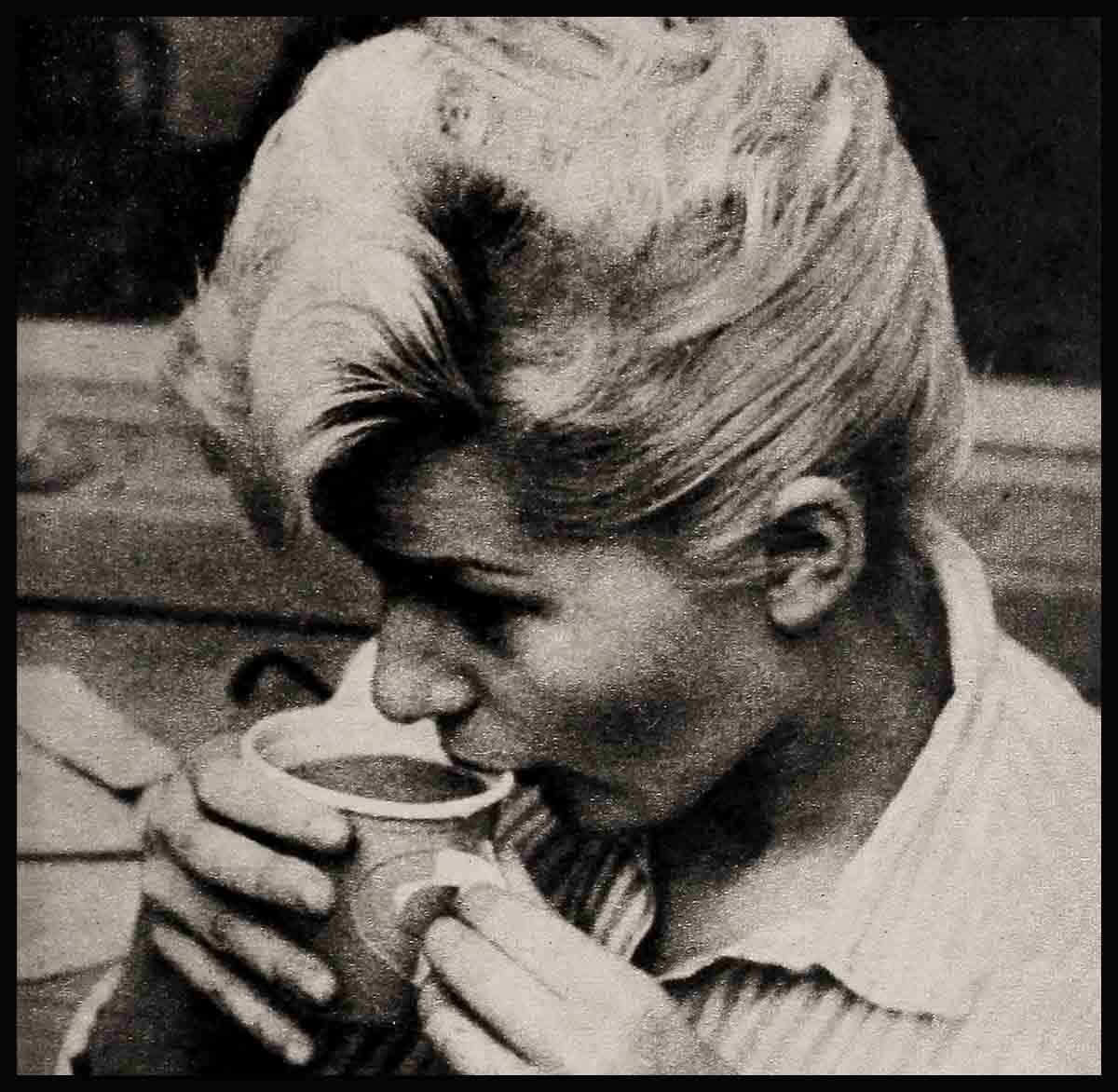
Young Girls In Hollywood—Connie Stevens
Is it worth it? All a girl goes through to become a star?
A frightened little girl in blue jeans and an oversized shirt sits in a control room nervously toying with a container of luke-warm coffee. She is listening to a love song and the voice she hears sounds unfamiliar and remote. She knows it is her voice and she thinks she’s just awful. A million butterflies are fluttering about inside her as the playback continues. Butterflies that weren’t there just ten minutes before. Then she was confident and happy. Then she was doing the thing she loves best. She was singing, and she had felt ten feet tall. Singing has been Connie Stevens’ ‘life’ since high school. She was only sixteen when she lied about her age and joined two other girls for a night-club act in Reno and Las Vegas.
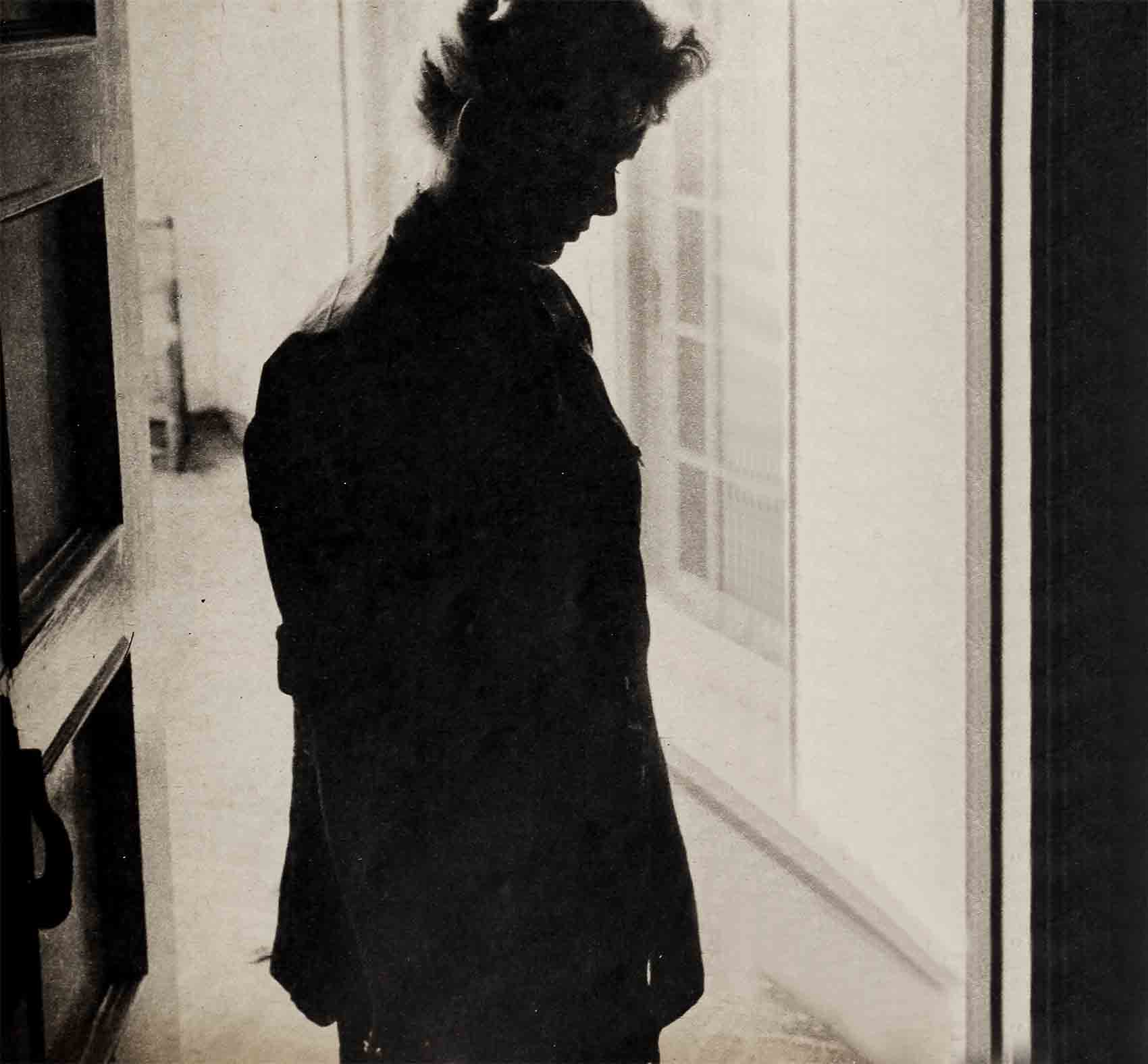
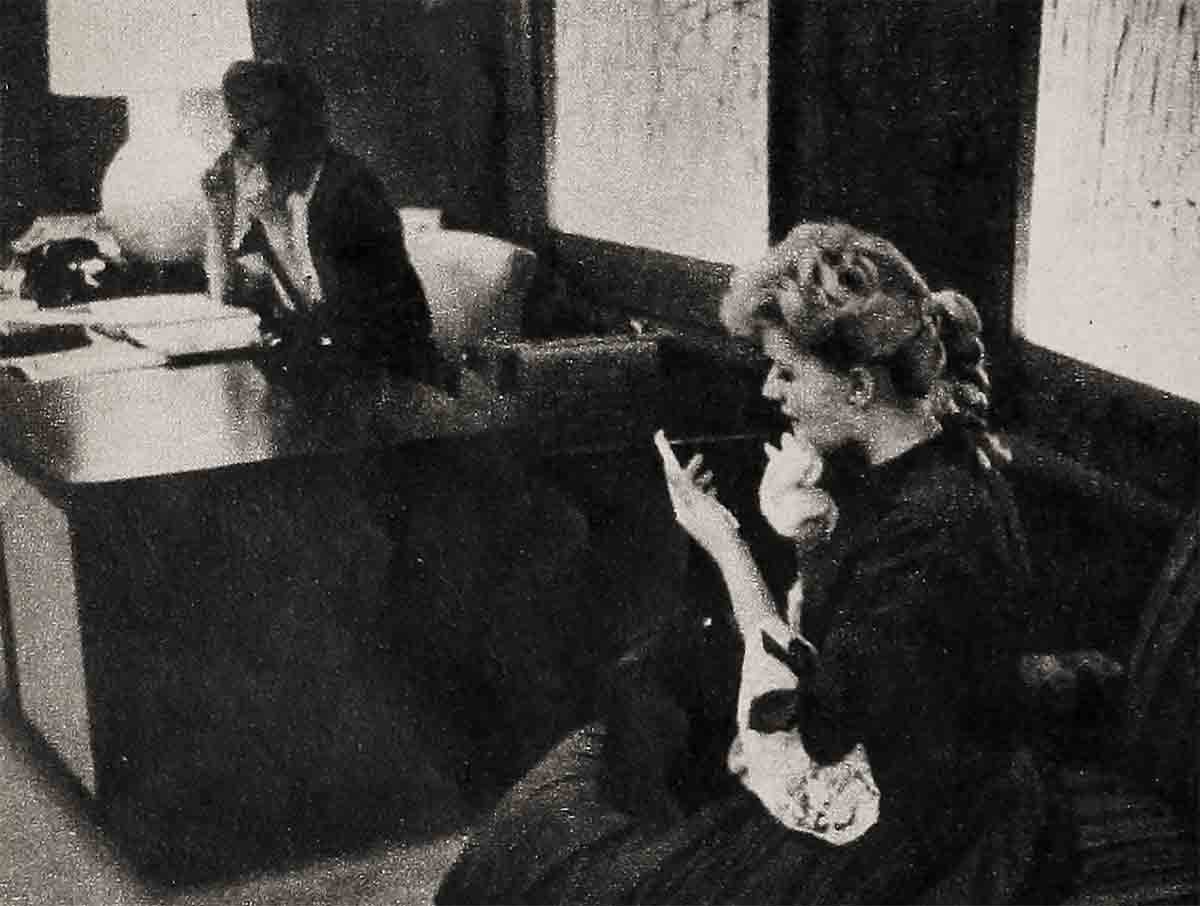
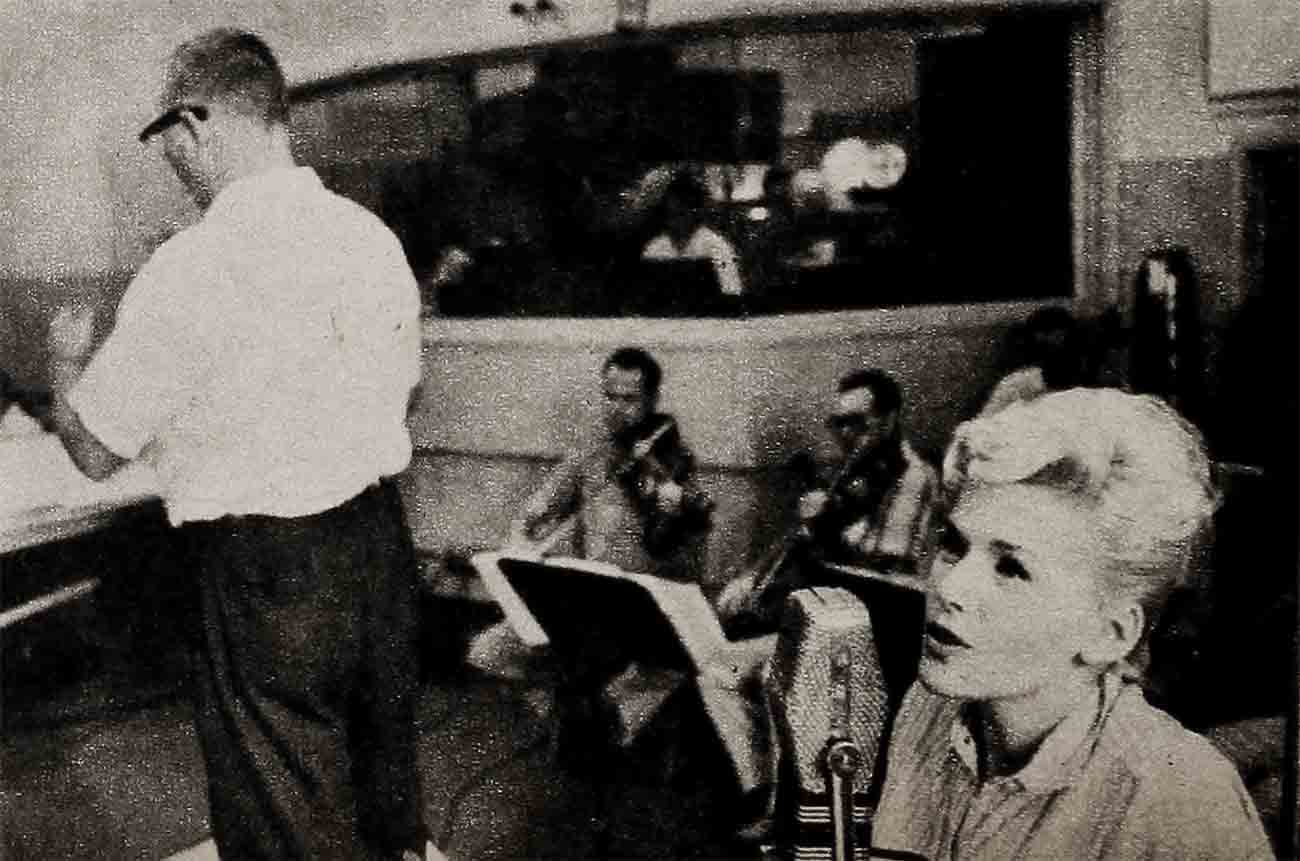
The recording studios at Warners are more pleasant than the crowded, smoky, noisy cocktail lounges to which she had been exposed. Her clothes are more comfortable than the flashy, slinky gowns she once wore to make herself appear older and sophisticated. But no longer is she just part of a trio. No longer is her audience comprised of people who have gambled too much and have had a drink too many and don’t really care what or who they are listening to. Now she is on her own and the success or failure of the album she is making can possibly determine her entire future. . . .
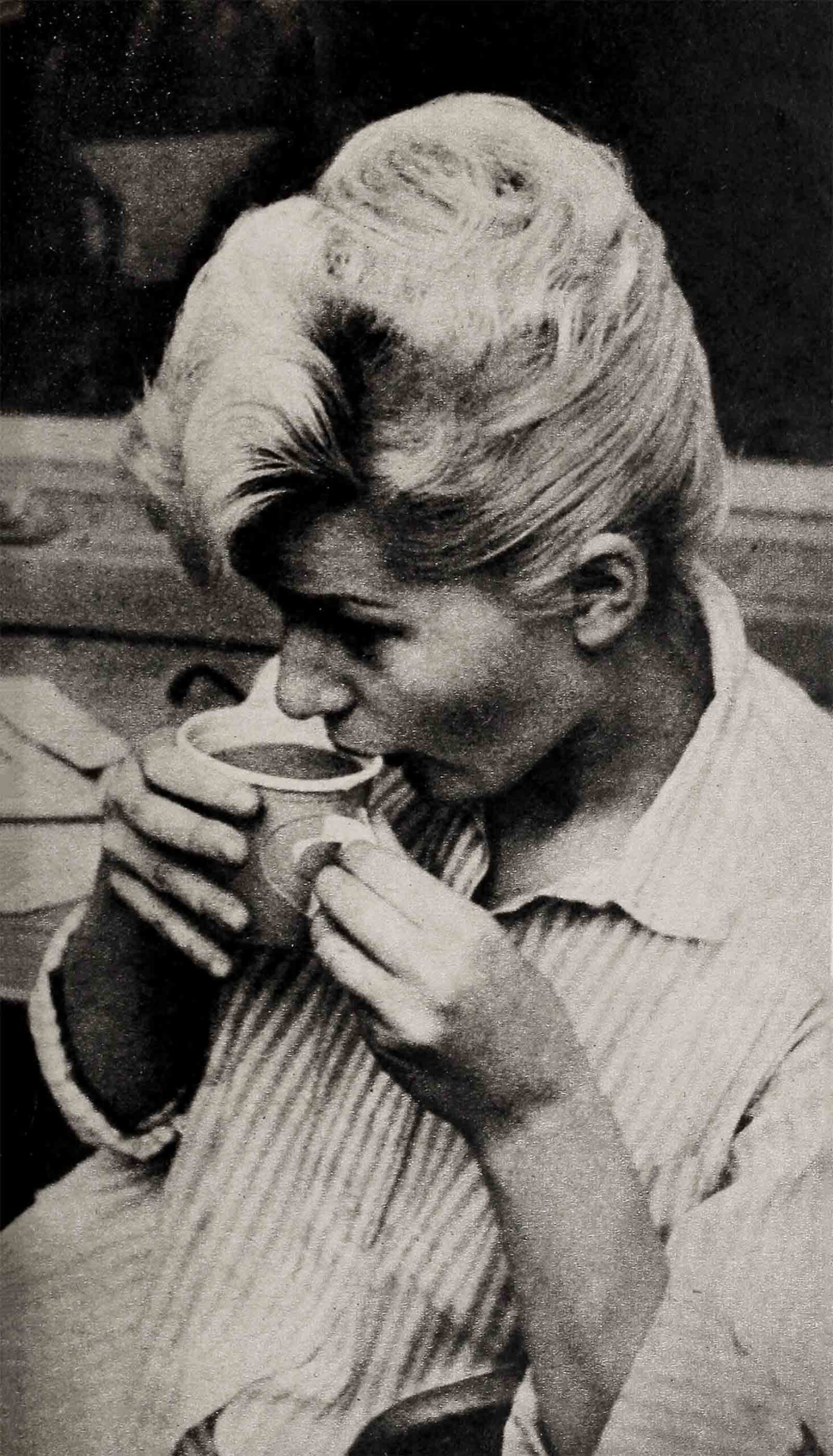
Finally the song is ended—and she wants to rush out and beg for a chance to do it over. But her director tells her she’s just great and the musicians and arranger are smiling through the glass enclosure. The ordeal is over—for today. But not quite over, after all. There’s a call from Jim Conklin, head of Warner Brothers’ record division. He wants to see her right away. The butterflies return—in greater force. She rushes to change her clothes, to get to his office. But he’s detained—and again she must wait. She sits alone and waits and worries. Worries if her dress is proper, if her make-up is on right, if the album is to be cancelled. Finally he comes. He wants to discuss a new ‘single’ he has in mind. And he wants to congratulate her for the work she has done so far. “You are one of our brightest stars,” he assures her. And she smiles. She has heard this before. She has heard this from Jerry Lewis with whom she appeared in Rockabye Baby. Jerry even gave her a bracelet inscribed: TO A GREAT NEW STAR. I AM PROUD OF YOU. But Connie knows she has a long way to go and a great deal to go through before she becomes a star. . . . And she wonders if it’s worth it.
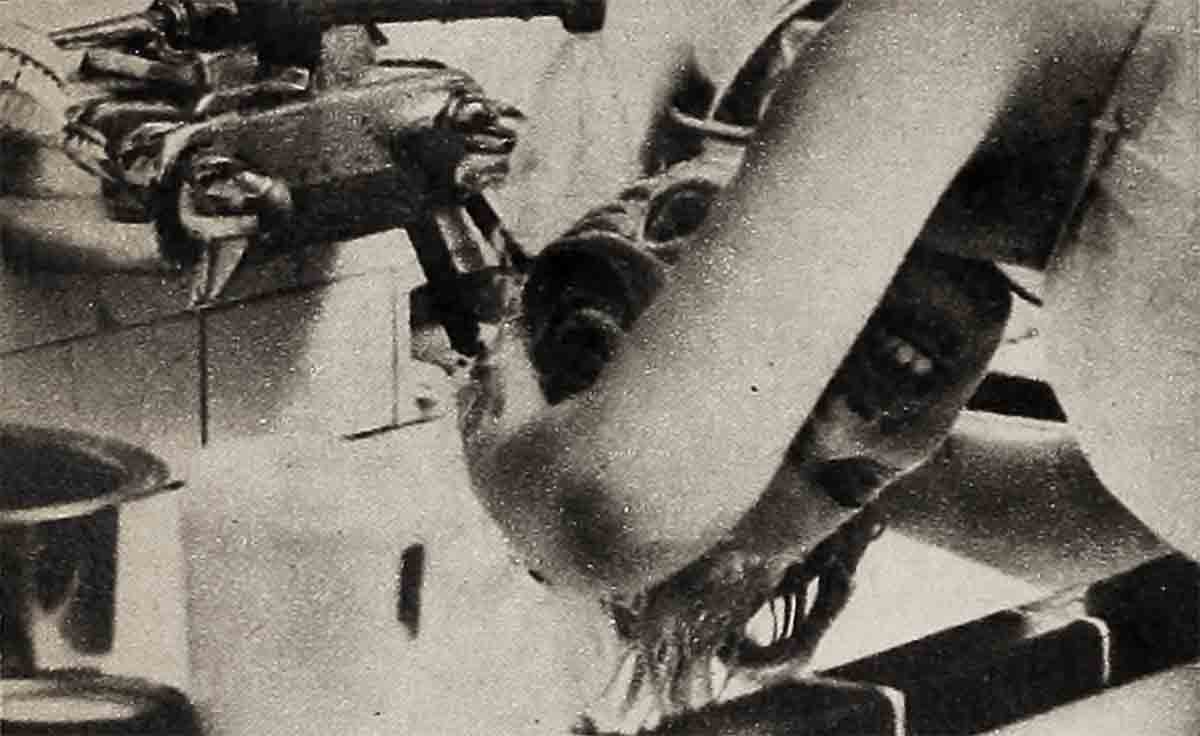
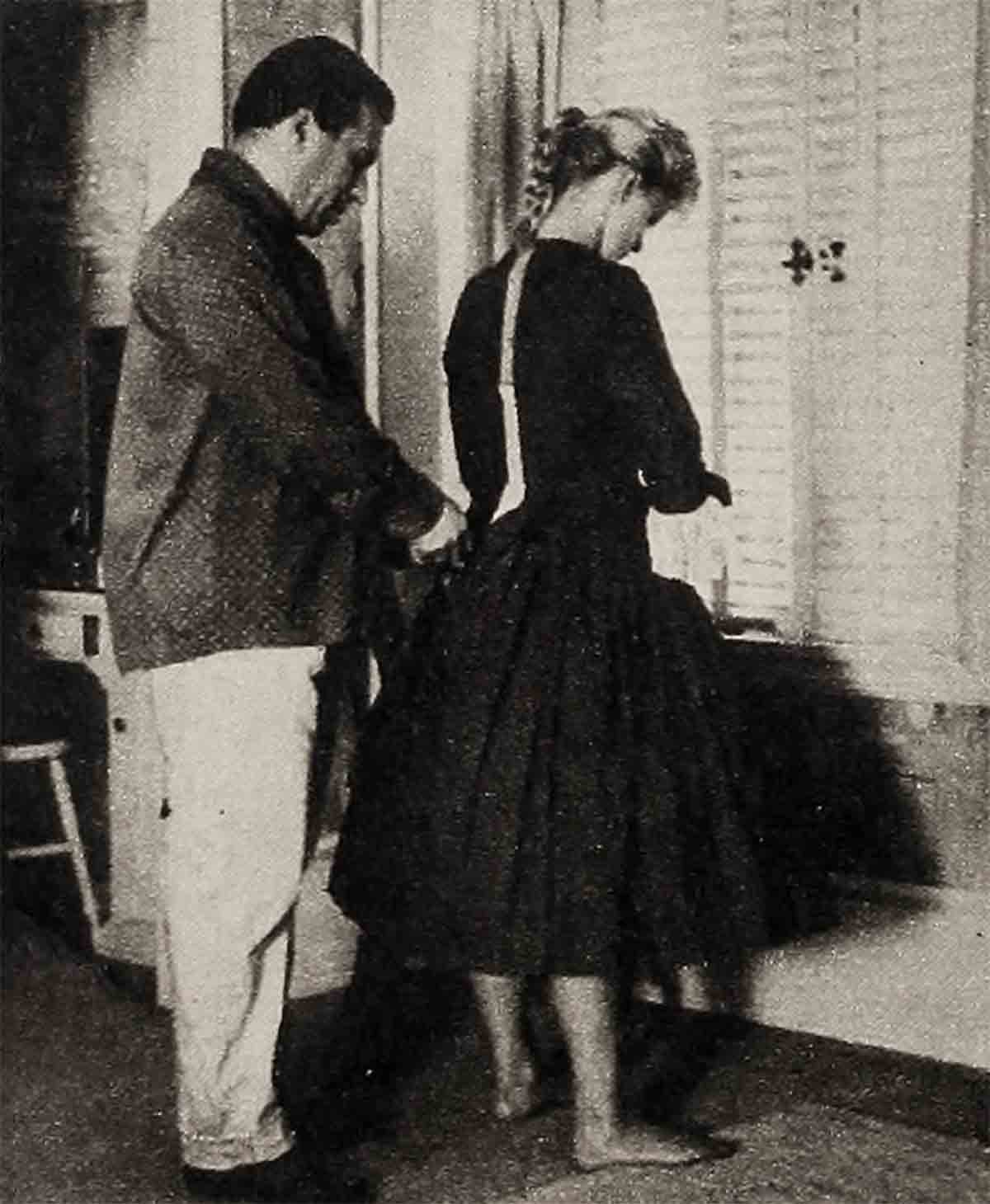
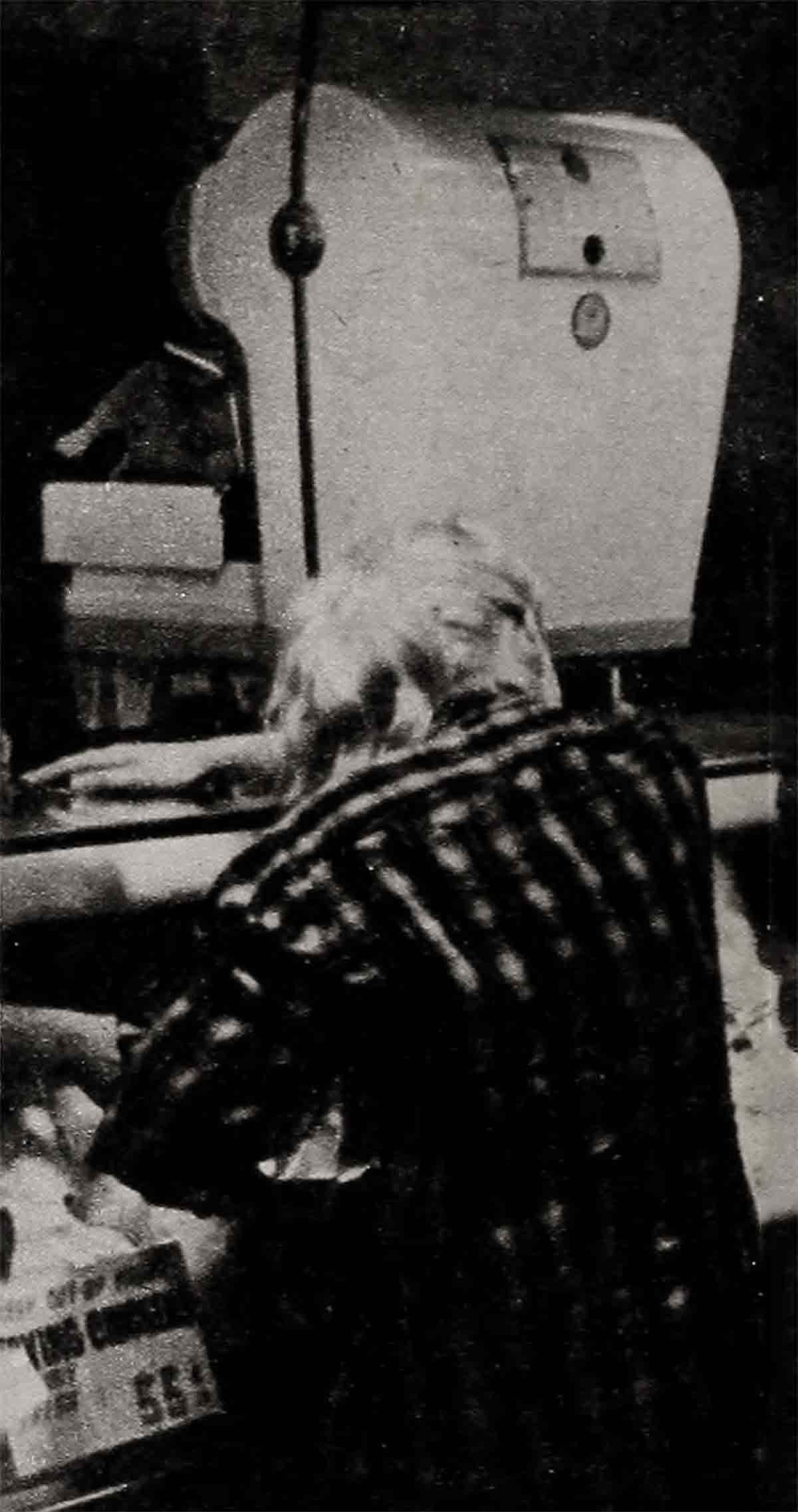
Despite Jerry Lewis’ and Jim Conkling’s faith and assurances, Connie Stevens knows she’s not really a star. Stars—to Connie—were those exciting glamorous creatures she’d see on the screen six times a day when she was a little girl back in Brooklyn. Stars were those enchanting blonde goddesses whose activities and life stories she devoured greedily via every movie magazine she could buy or borrow. They were the ‘chosen people’ who lived in thirty-room mansions with thirty-foot swimming pools; who drove Jaguars or Cadillacs; whose wardrobes overflowed with minks and fabulous gowns; who had servants to care for their every need. And even starlets had protectors and advisors to solve every problem, studio genuises to guide every move. But the Hollywood Connie used to read about and dream about no longer exists. She has to make it alone. By saving almost every penny she has earned since her first movie, Eighteen and Anxious, two years ago, she finally was able to buy her own home. It’s a modest little house in the Hollywood Hills. It has no swimming pool, no fancy furnishings, but since her parents’ separation eighteen years ago, it’s the first real home she’s ever known with her father. To get it, she has had to deny herself a hundred things. Her wardrobe is scant. All her possessions fit into one small closet. She treasures her one party dress, and her evening jacket is an inexpensive, bulky knit sweater which also doubles for sportswear. To keep her dresses in good condition for special occasions and business appointments she runs around town in those ever-lovin’ blue jeans and her boyfriend’s discarded shirts. Because she puts all her ‘extra’ money into the house, her beauty parlor is the kitchen sink. She hopes her new album will be a big success. If it is she’ll treat herself to a ‘domestic’ once a week. It would mean so much to have someone help with the shopping and the cleaning and the cooking and the dozen other chores she frantically tries to do on the run. She’d learned to keep house when she was living by herself, and she’s good at it. But now that the demands of her career are growing greater, she’s left with so little time to herself—so precious little time—and there’s a very important way she wants to spend it.
ls it worth it? Remember, a starlet isn’t a star! She lacks time, help, money, but she has to make do . . .
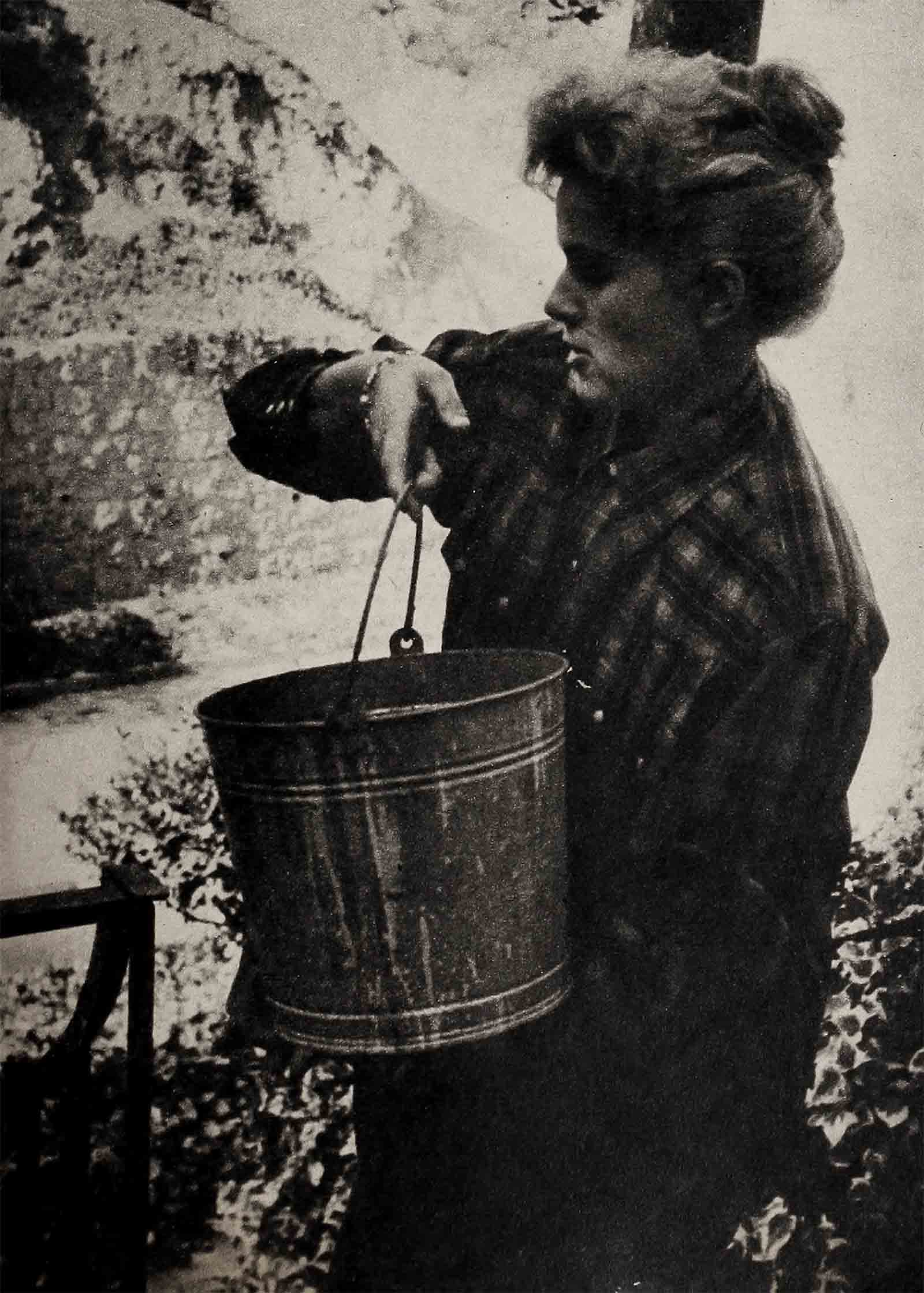
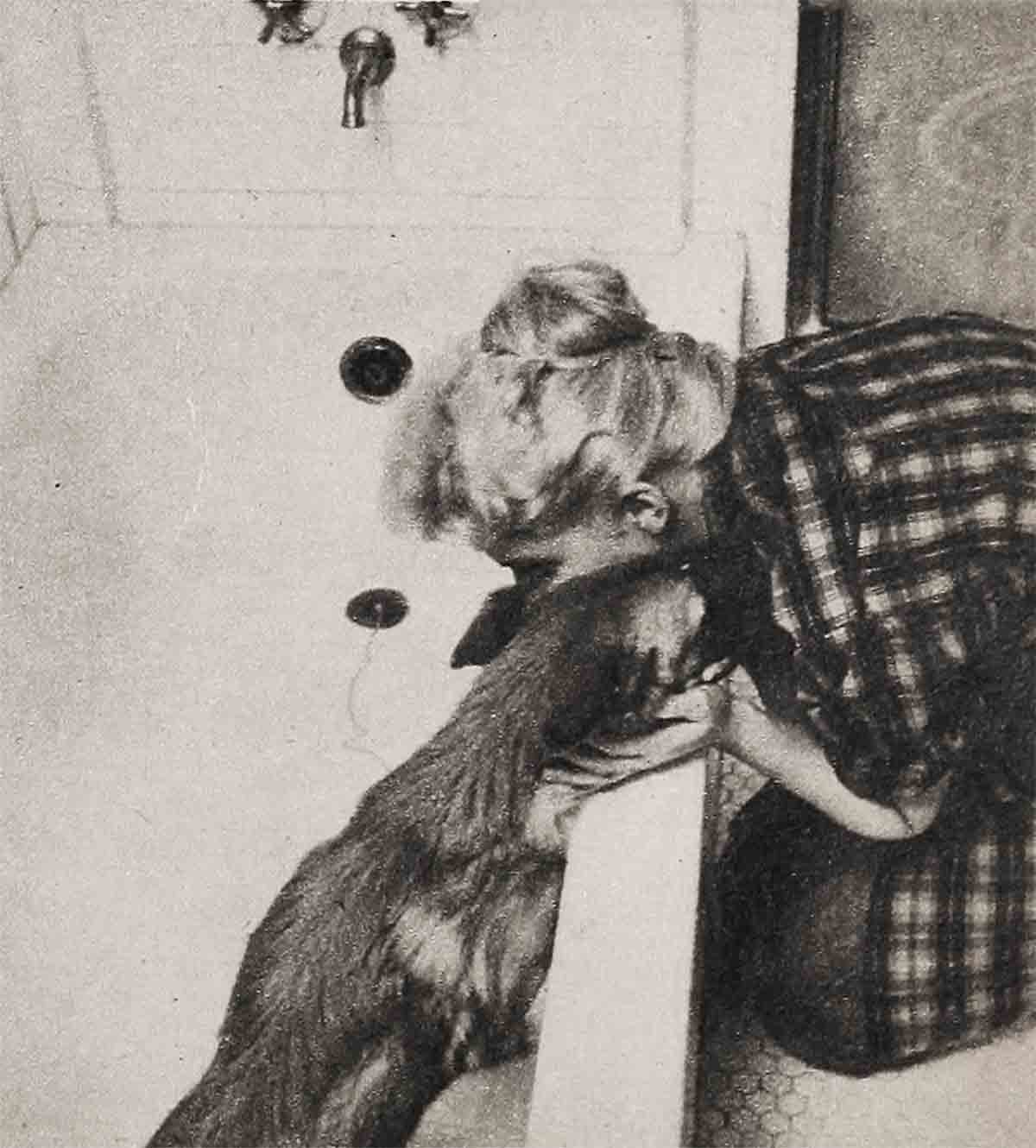
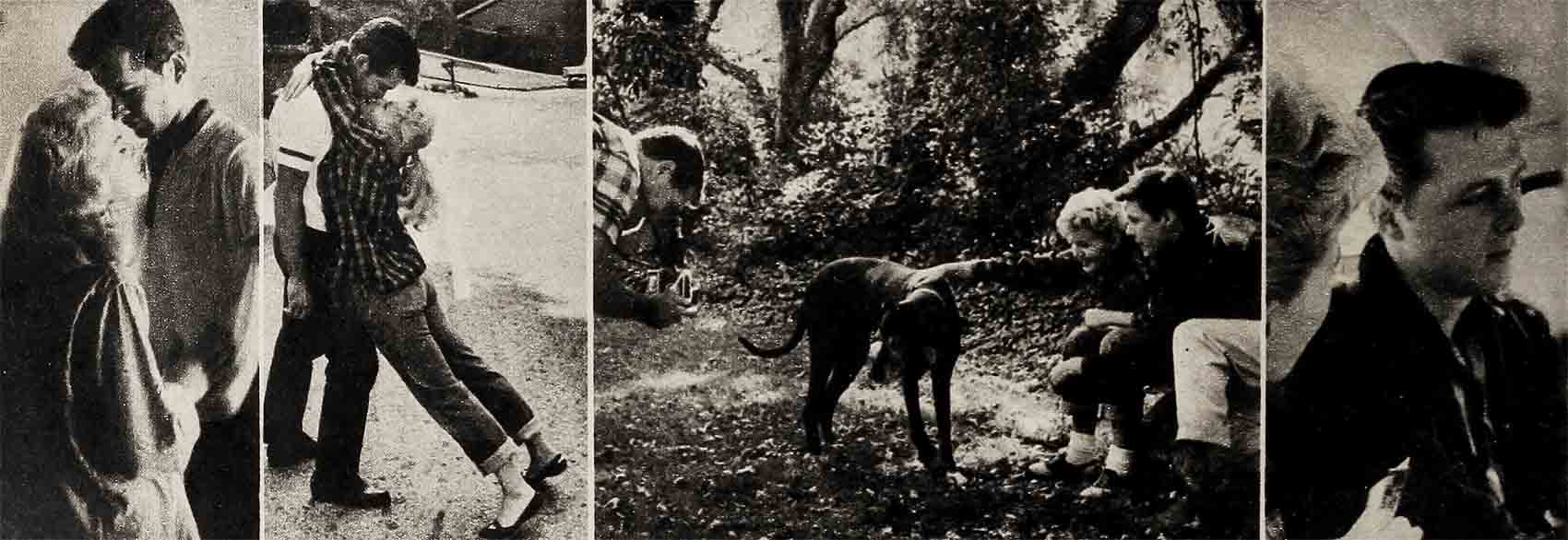
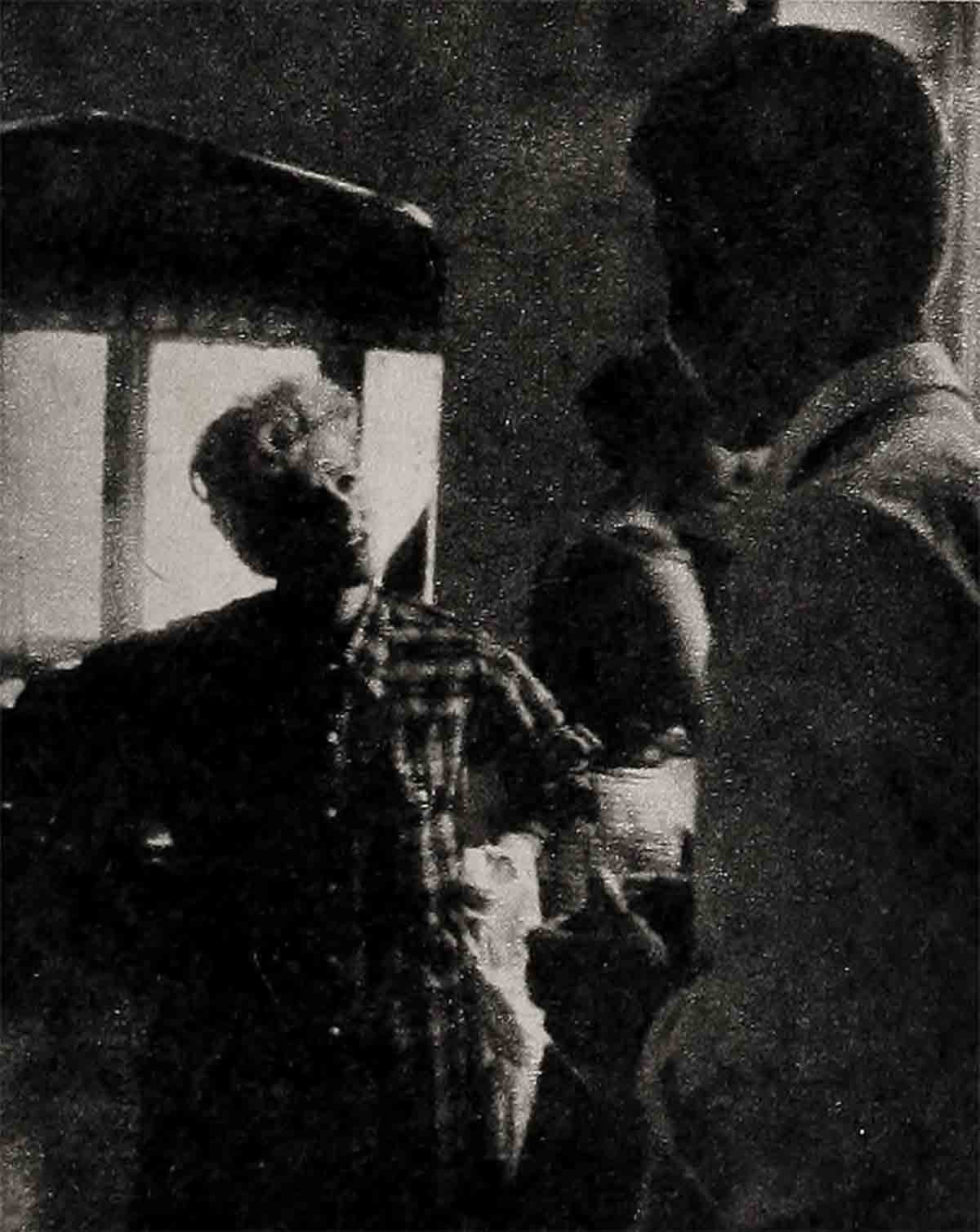
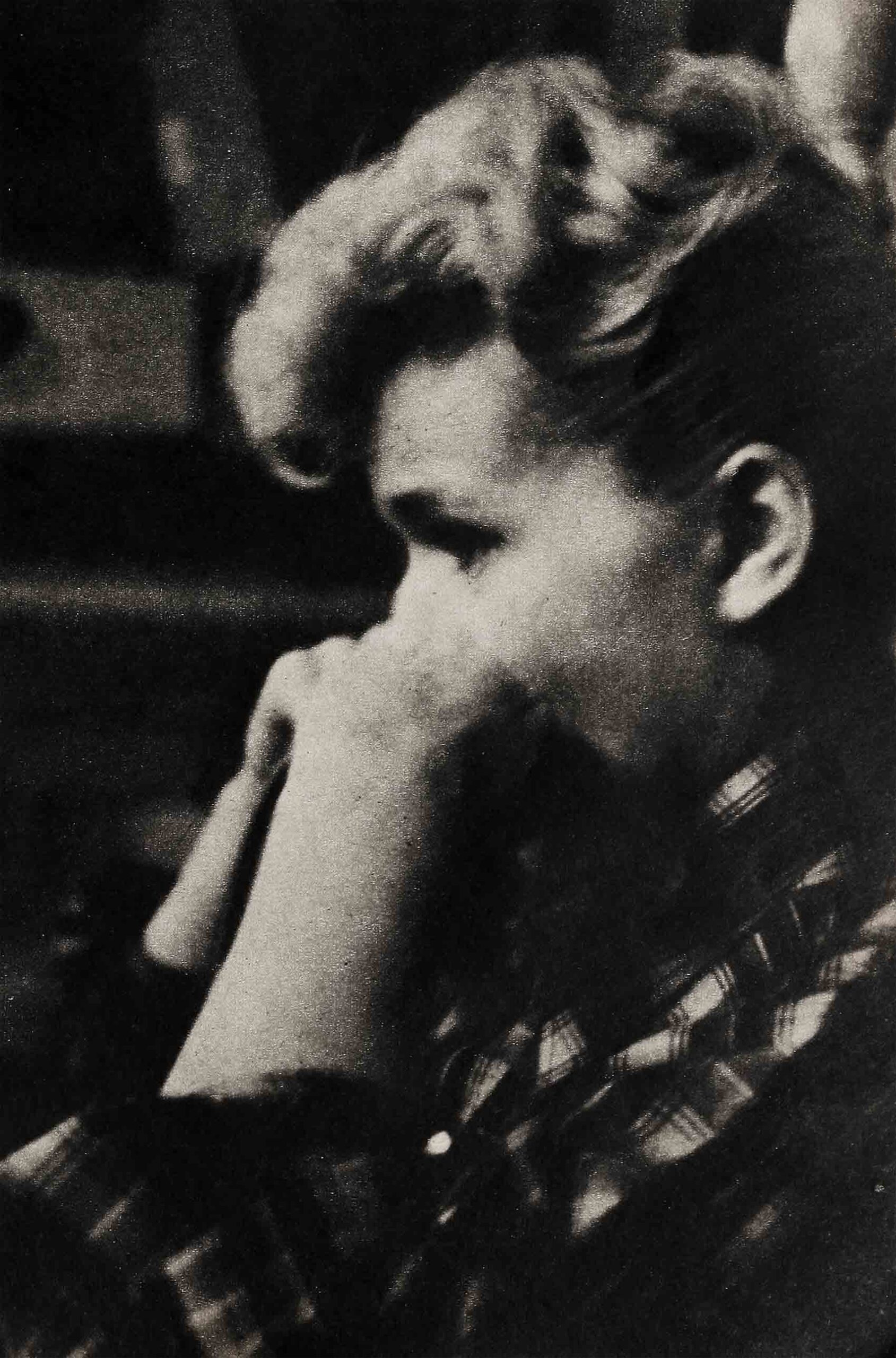
Is it worth it to steal the time to see the man she loves? Connie can tell you . . . that leads to tears . . .
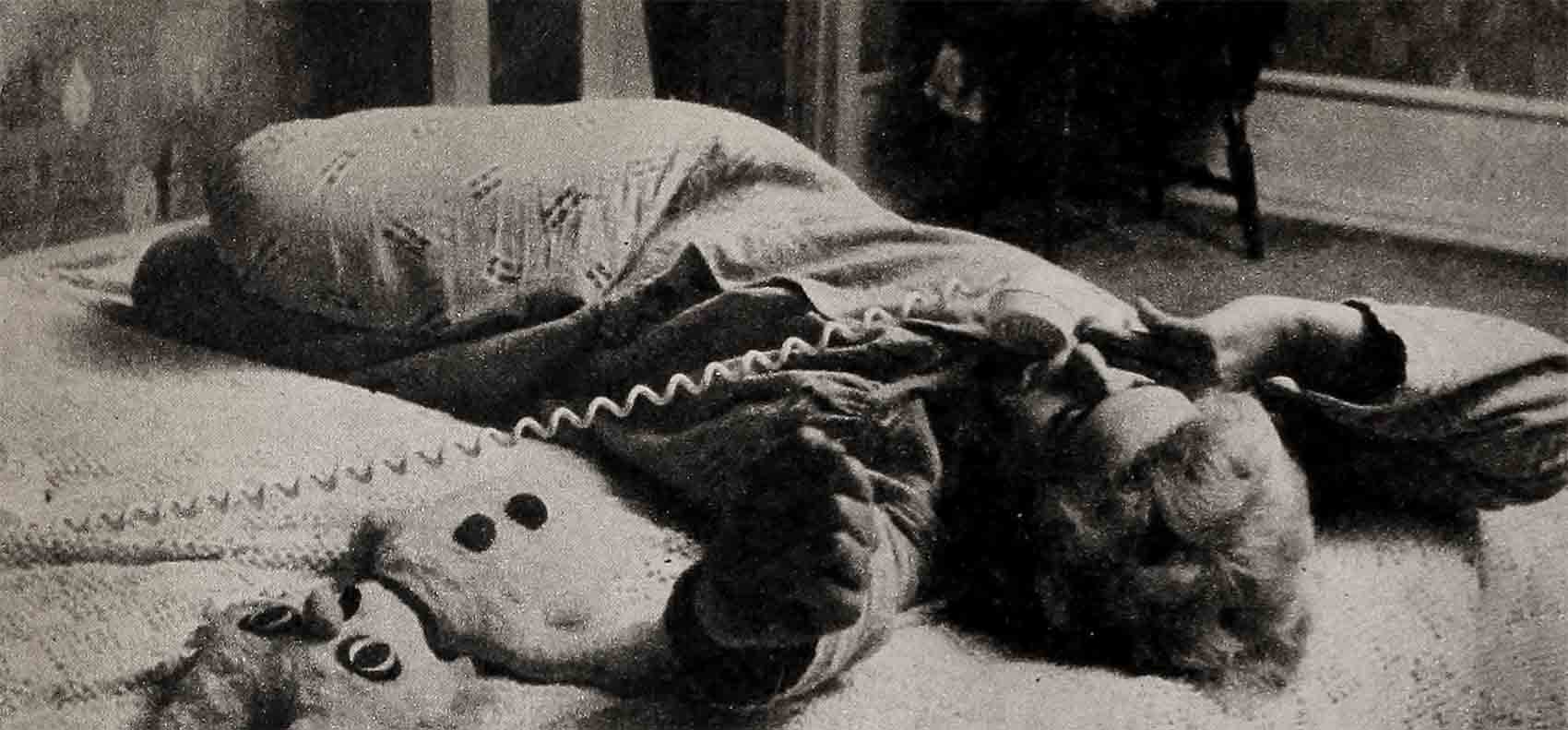
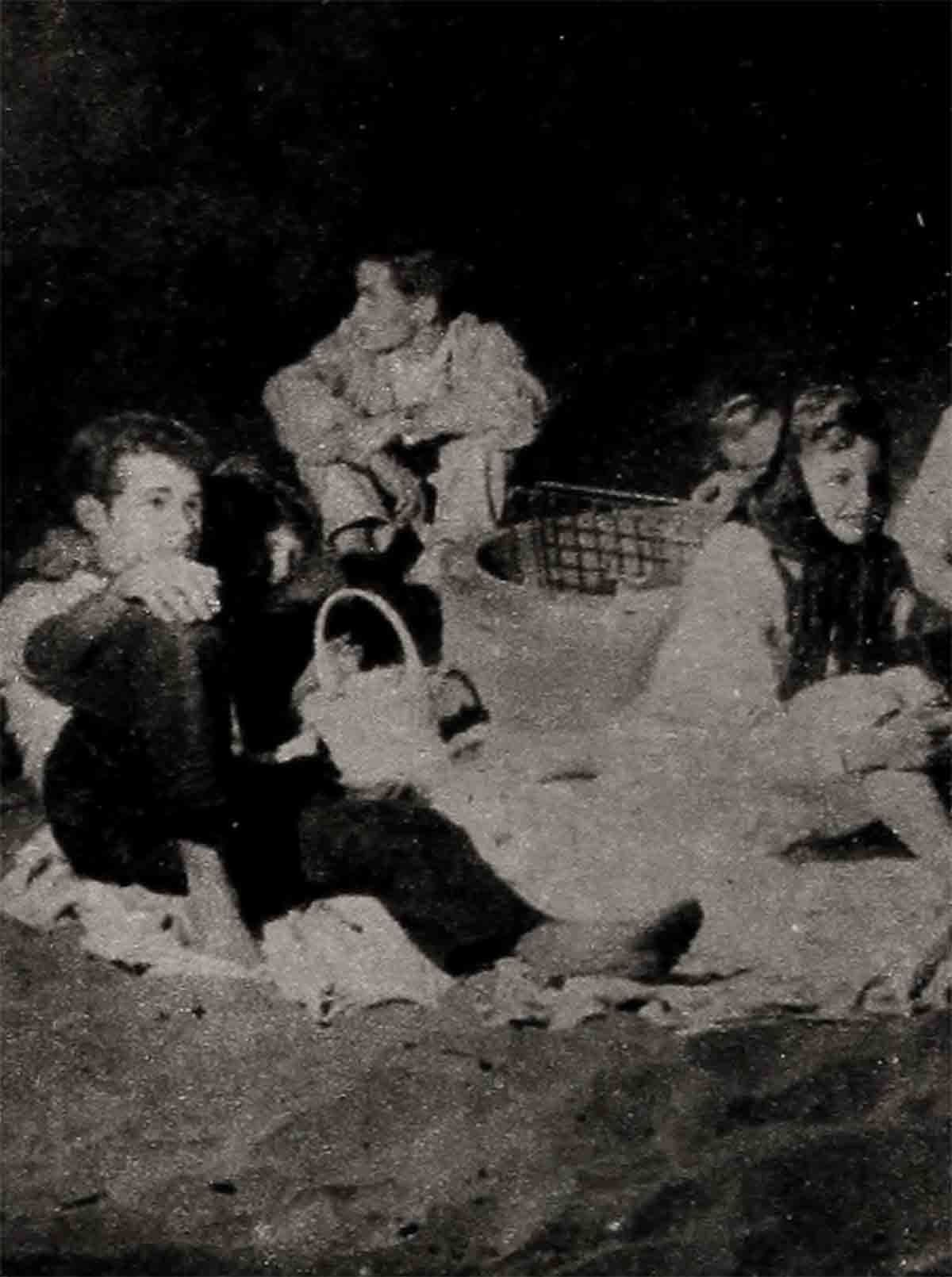
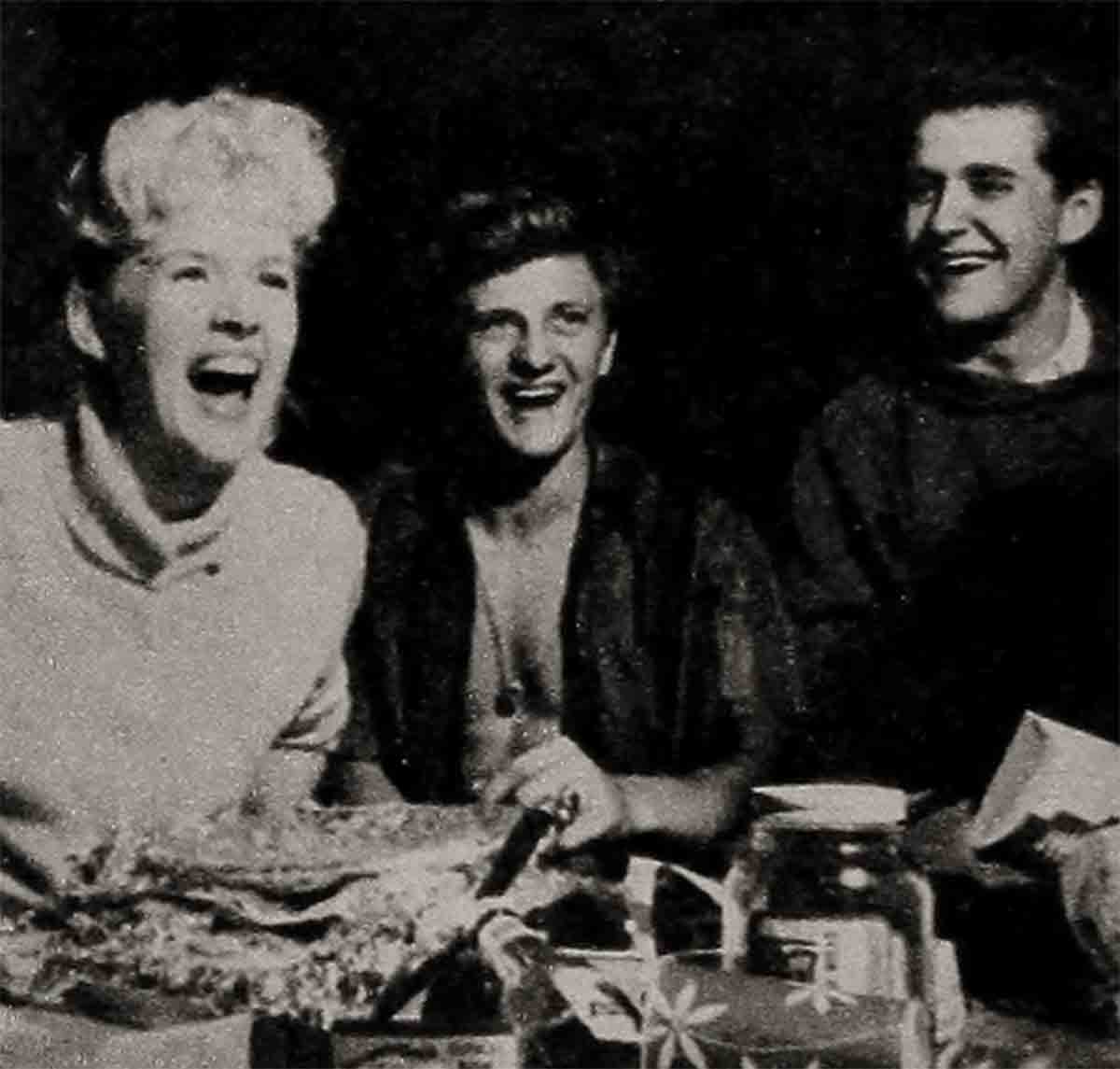
She wants to spend her time with Gary Clarke—her best beau. Right now he’s the one special person who means more than anyone else in her life. Is she in love? She thinks so. But love needs time to develop and grow secure. Shunted from one relative to another as a little girl, Connie knows the agony a child of divorce can go through—particularly when both parents are entertainers—and she vows no child of hers will suffer a similar fate. But how can a love grow strong when it is always put off ’til tomorrow? That’s her big problem—hers and Gary’s. For he’s an actor too and when he’s not rushing from office to office, he’s rehearsing scenes or acting in little theater productions, hoping someone will see him and give him his big break. Too often his schedule and Connie’s clash. Too often the moments they spend together must be stolen ones: a brief visit in the morning before they go their separate ways, maybe a sandwich together at lunch-time if they’re lucky. Occasionally a midnight-malt after his show breaks—if Connie doesn’t have to be up at the crack of dawn. Sometimes they work out things so they can spend an entire day together and then the things they plan don’t work out at all . . . And there are misunderstandings and fights and tears and loneliness. That’s when Connie wonders most of all—Is it worth it?
Is it worth it? “Lord, yes!” says Connie. “Yes, yes, yes!
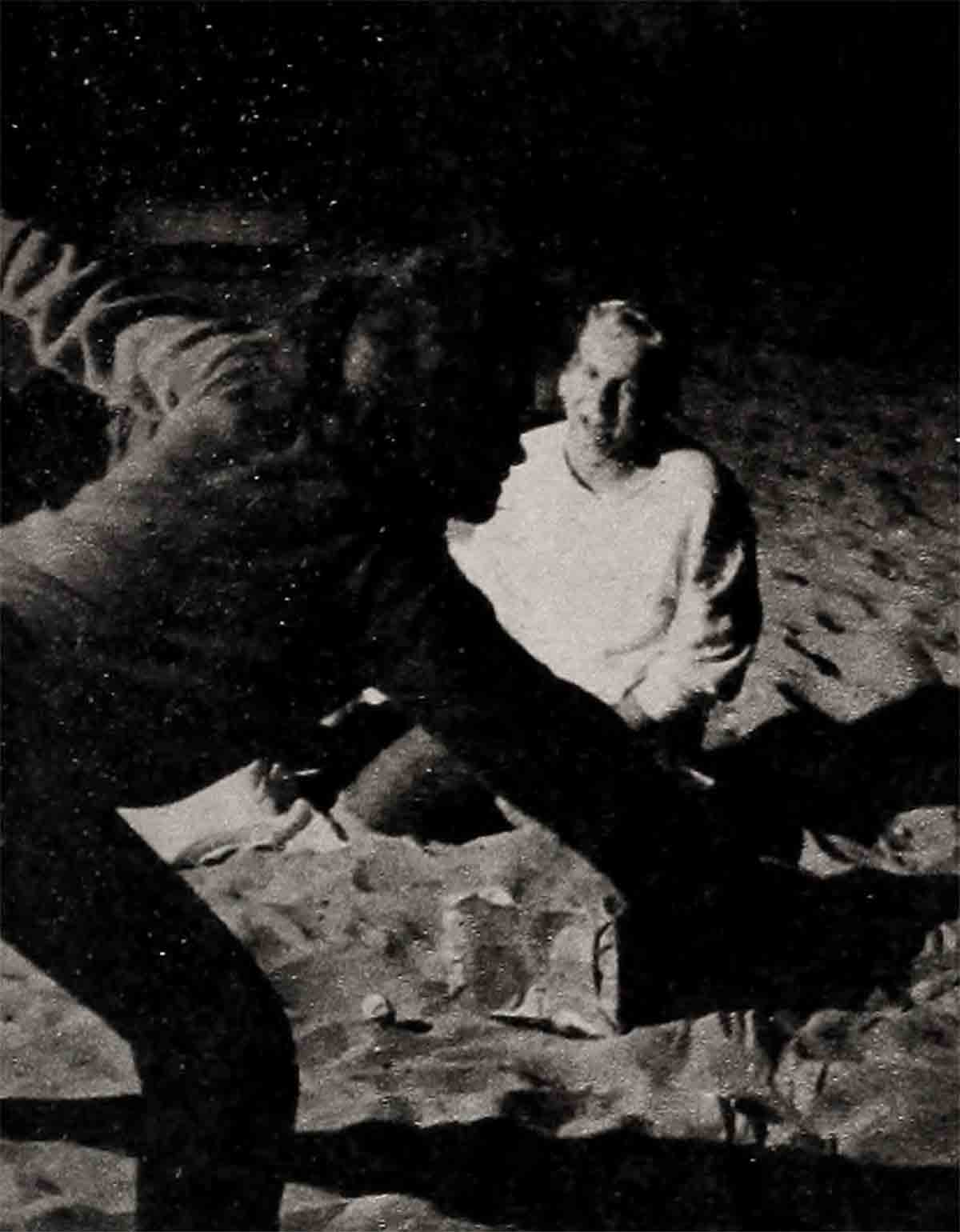
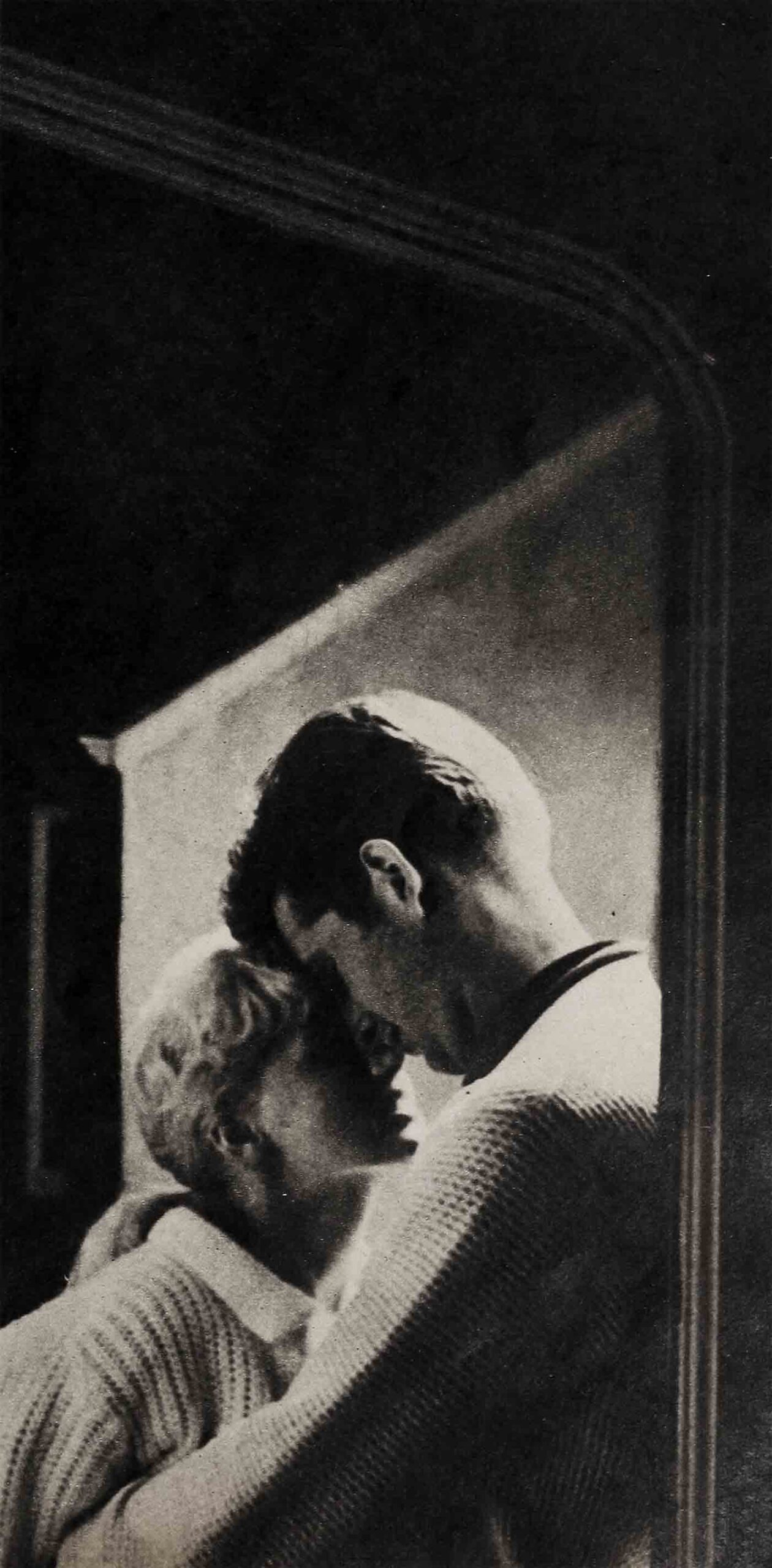
Yes, there are the moments of fear and loneliness and the lack of money and time which make Connie wonder whether her struggle to become a ‘somebody’ is really worth the effort it takes. There are the bad times. But when Connie is feeling sorry for herself, she counts the blessings of the past two years. She’s with her father again and that’s important. She can’t always see Gary when she wants to but she knows that he is there. If things had been different—if she hadn’t been an actress—she may never have met him at all. If she hadn’t become an actress she may never have known the loyal friends she now has; the friends she can count on to cheer her when she’s feeling blue. And when there is time, there’s the gay and carefree get togethers at her home, at the beach, at the movies which she still adores. For the first time in her life she has roots. For the first time in her life she has a sense of belonging to somebody and something. And if she hasn’t the clothes and the help—and the time to concentrate completely on romance, these things aren’t missed too much because she never had had them before. Not as a high school girl. Not as a night-club singer. Not as a salesgirl in a dress shop. But she does have something now that is pretty wonderful. She has a faith in tomorrow and a pocketful of dreams that are on their way to becoming realities.
Is it worth it, all that a girl has to go through to become a star? Connie Stevens—starlet on her way—now believes it is.
THE END
It is a quote. MODERN SCREEN MAGAZINE MARCH 1959




